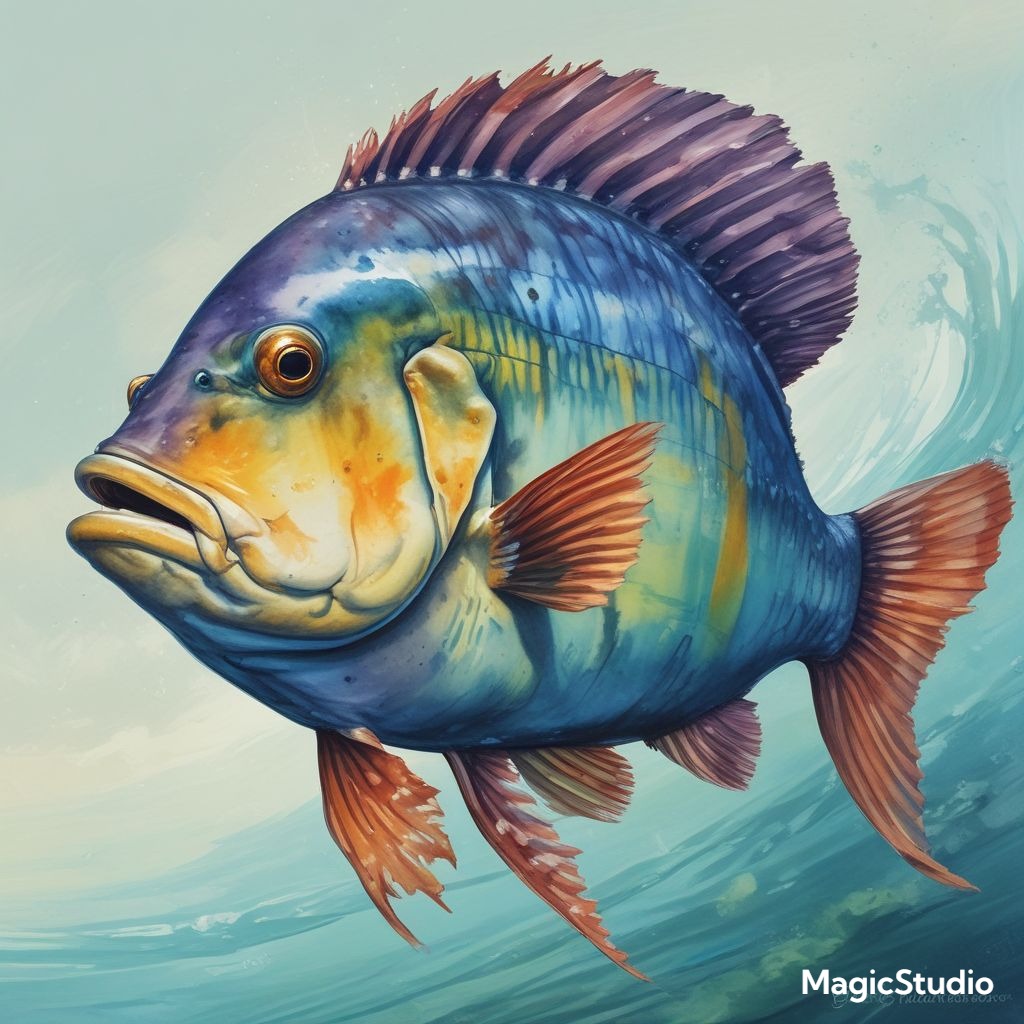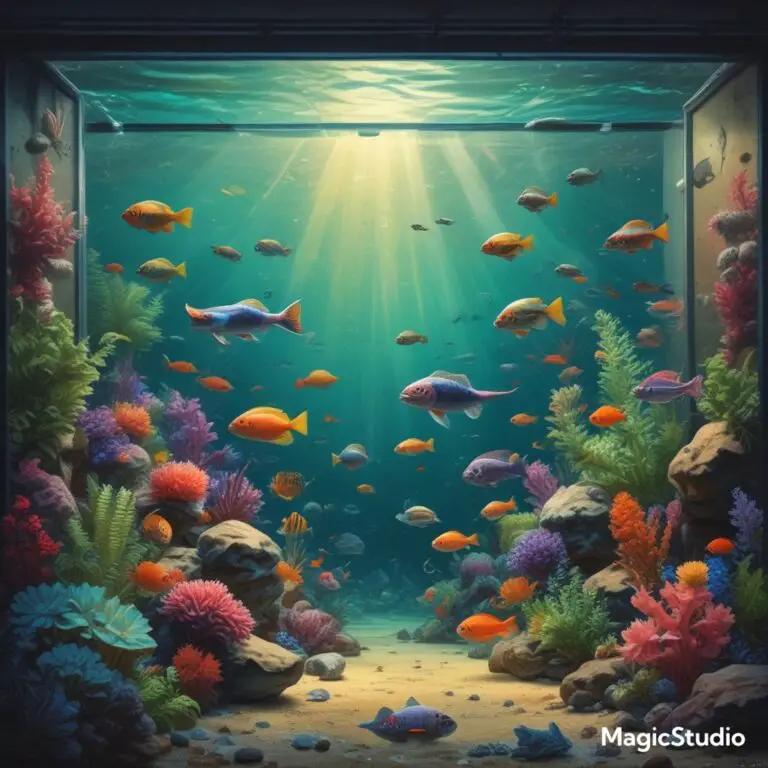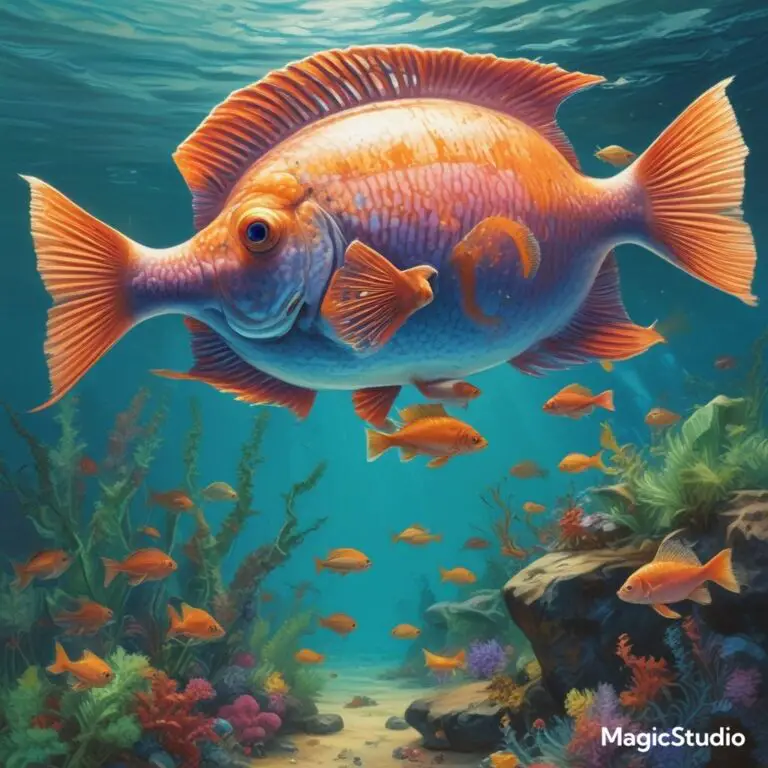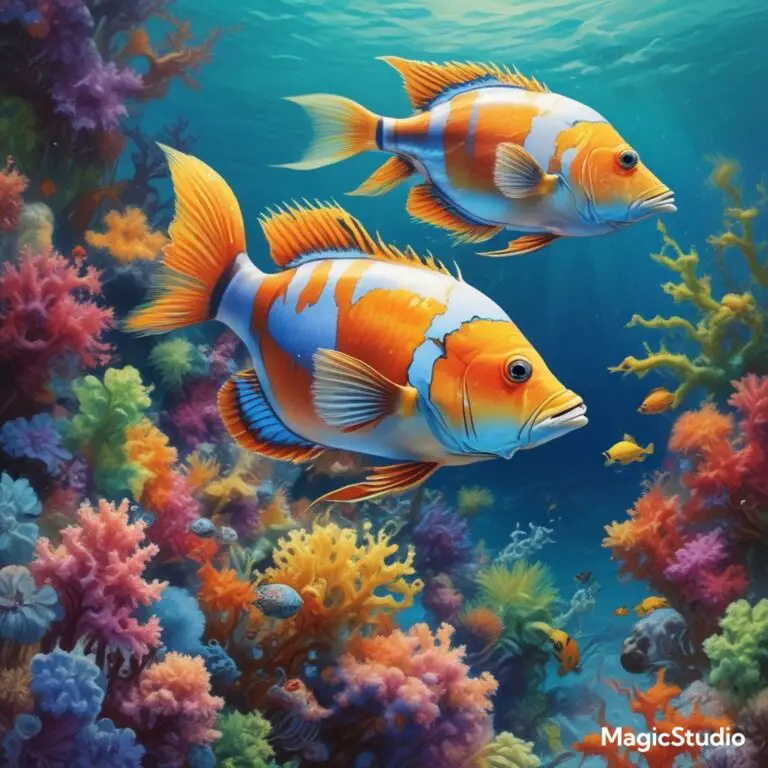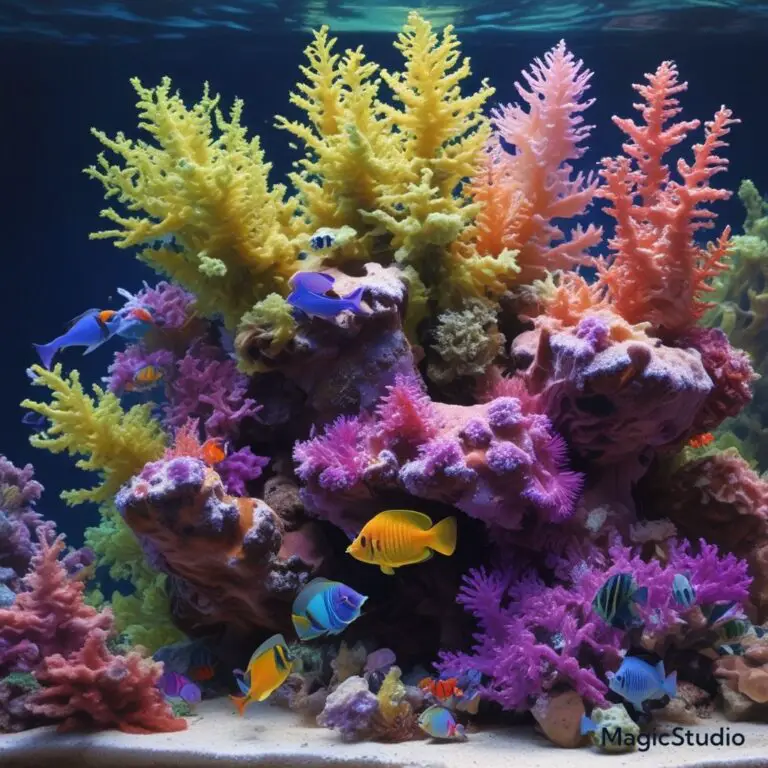Avoid Common Marine Fish Problems: Effective Care and Maintenance Tips
Avoid Common Marine Fish Problems: Effective Care and Maintenance Tips
Welcome to the underwater world of marine fish care! While saltwater aquariums offer breathtaking beauty and diversity, they also come with their own set of challenges. From managing water quality to dealing with common fish diseases, keeping a saltwater tank can be both rewarding and complex. This guide will help you navigate common marine fish problems and provide effective care and maintenance tips to keep your aquatic environment thriving.
Understanding Common Marine Fish Problems
Before diving into solutions, it’s essential to recognize some common issues that marine fish enthusiasts might face:
- Water Quality Issues: Imbalances in salinity, pH, or nitrate levels can stress fish and lead to health problems.
- Disease Outbreaks: Marine fish are susceptible to various diseases, including ich and velvet.
- Algae Overgrowth: Excess nutrients can lead to unsightly algae blooms.
- Aggressive Behavior: Some species can be territorial or aggressive towards tank mates.
Effective Care and Maintenance Tips
Here are some practical tips to help you avoid and address common marine fish problems:
1. Maintain Optimal Water Quality
Water quality is the foundation of a healthy marine tank. Here’s how to keep it in check:
- Regular Testing: Use reliable test kits to monitor salinity, pH, ammonia, nitrite, and nitrate levels. Aim for salinity between 1.020 and 1.025 specific gravity and pH between 8.1 and 8.4.
- Consistent Water Changes: Perform partial water changes (10-20%) weekly or bi-weekly to maintain water quality and remove accumulated toxins.
- Proper Filtration: Invest in a high-quality filtration system that combines mechanical, biological, and chemical filtration.
2. Addressing Marine Fish Diseases
Diseases can quickly spread in a saltwater tank if not managed promptly. Here’s how to keep your fish healthy:
- Quarantine New Arrivals: Always quarantine new fish and invertebrates before introducing them to your main tank. This helps prevent the spread of diseases.
- Recognize Symptoms: Familiarize yourself with common symptoms like white spots (ich), fuzzy patches (fungus), or rapid gill movement (gill disease).
- Treatment Options: Use appropriate treatments for specific diseases, such as copper-based medications for ich or formalin for velvet. Consult with a marine veterinarian if needed.
3. Controlling Algae Growth
Algae can quickly overrun your tank if not controlled. Here’s how to manage and prevent algae blooms:
- Manage Nutrient Levels: Keep nitrate and phosphate levels low by avoiding overfeeding and using a good filtration system.
- Increase Water Flow: Ensure proper water circulation to prevent stagnant areas where algae can thrive.
- Regular Cleaning: Clean the tank regularly, including the substrate and any equipment, to reduce algae buildup.
4. Preventing Aggressive Behavior
Aggressive behavior can disrupt the harmony of your tank. Follow these tips to prevent conflicts:
- Research Compatibility: Before adding new fish, research their compatibility with existing tank mates. Avoid mixing overly aggressive species with more peaceful ones.
- Provide Hiding Spots: Create plenty of hiding places and territories with rocks and decorations to reduce aggression.
- Monitor Interactions: Observe fish behavior and be prepared to separate aggressive individuals if necessary.
5. Proper Nutrition and Feeding
A well-balanced diet is crucial for maintaining healthy fish. Here’s how to feed your marine fish effectively:
- Varied Diet: Offer a variety of foods, including high-quality pellets, flakes, frozen foods, and live foods to ensure balanced nutrition.
- Avoid Overfeeding: Feed small amounts once or twice daily and remove any uneaten food to prevent water quality issues.
- Species-Specific Needs: Tailor your feeding regimen to the specific dietary requirements of each fish species in your tank.
Additional Resources
By understanding and addressing these common issues, you can create a healthier and more stable environment for your marine fish. Remember, regular maintenance and attentive care are key to a successful and thriving saltwater aquarium.
Happy fishkeeping!
